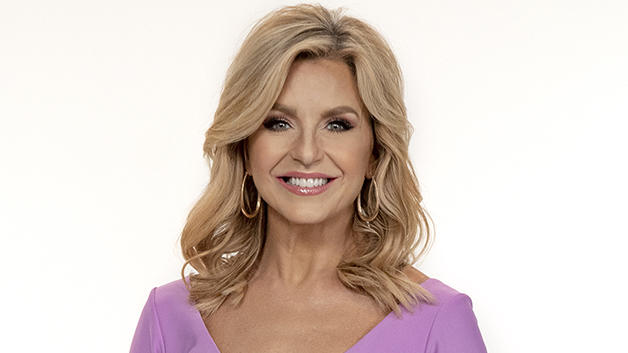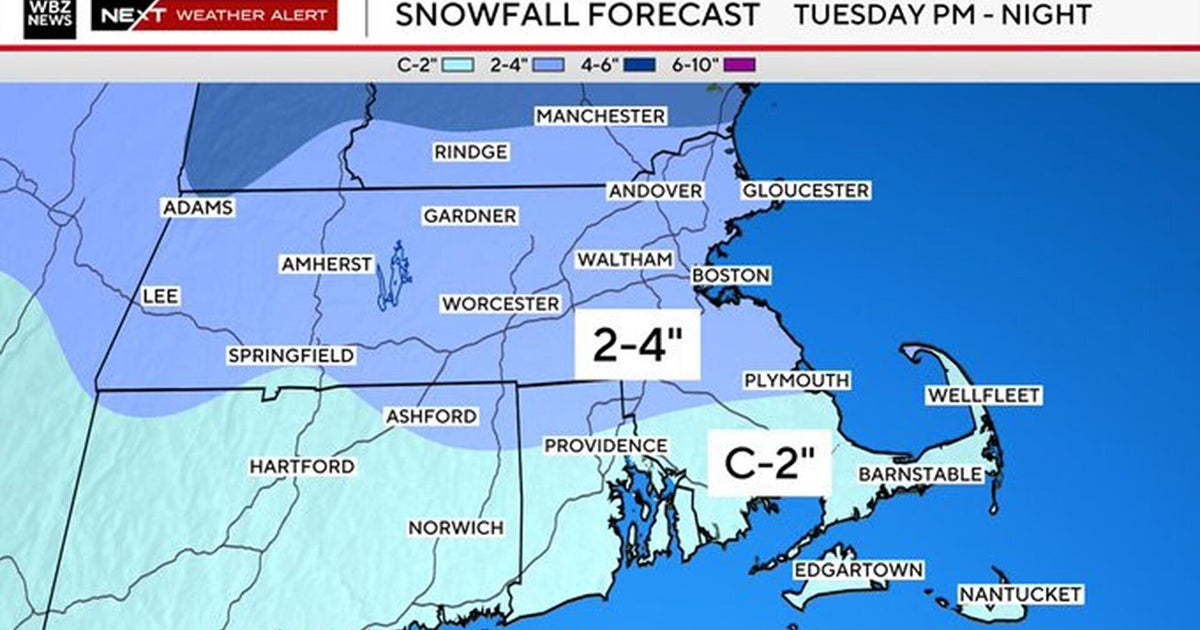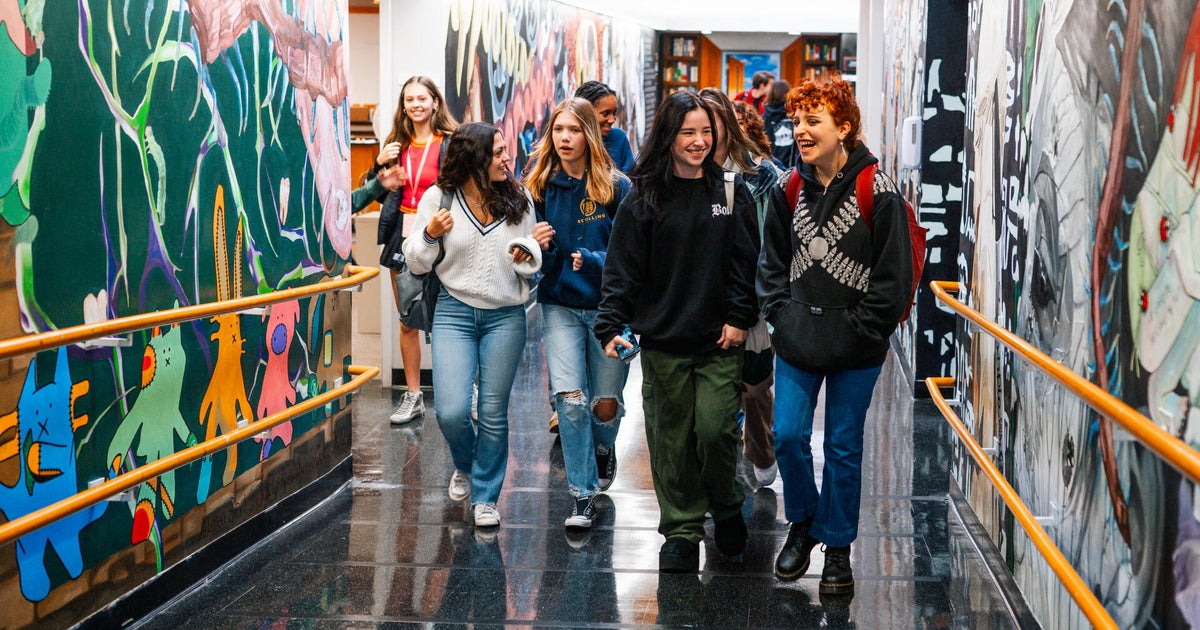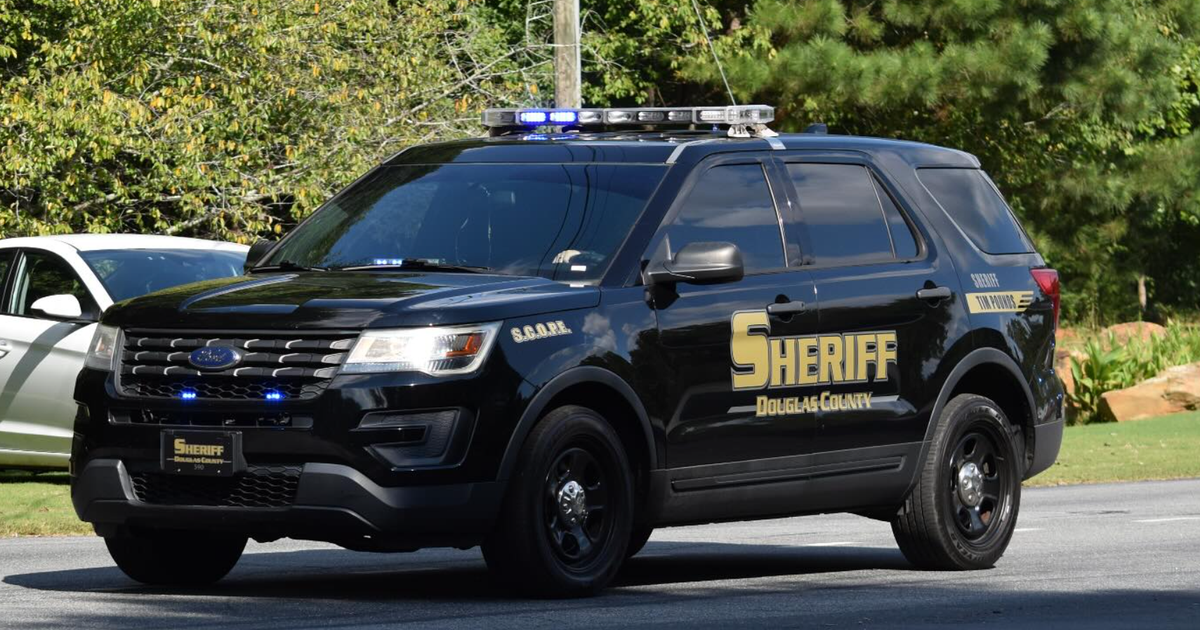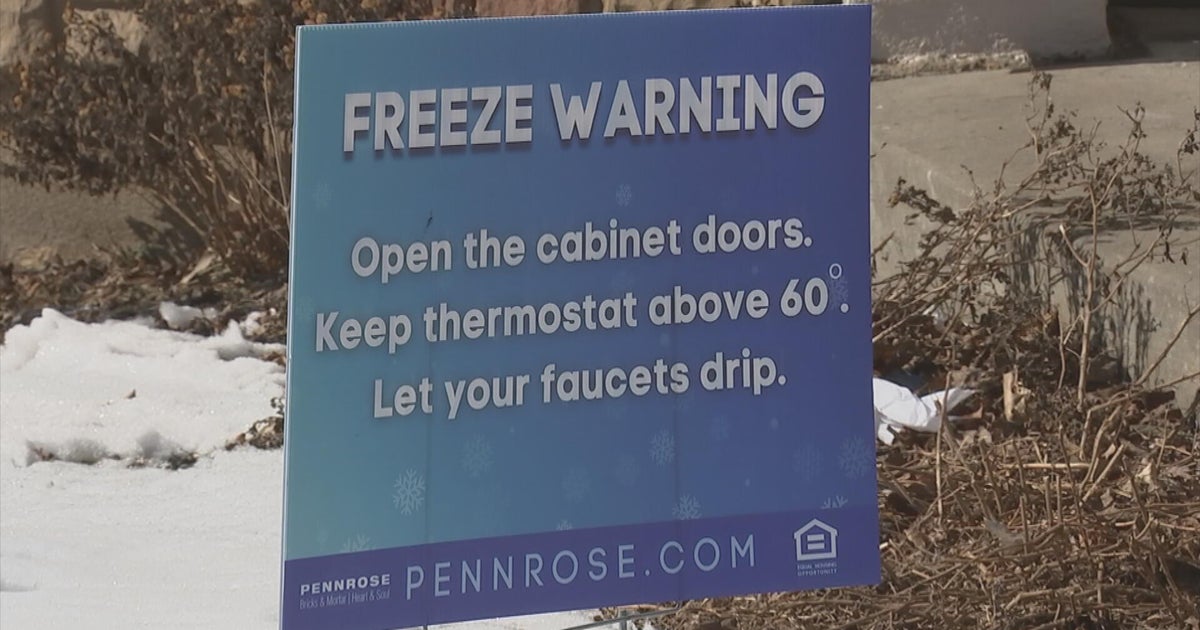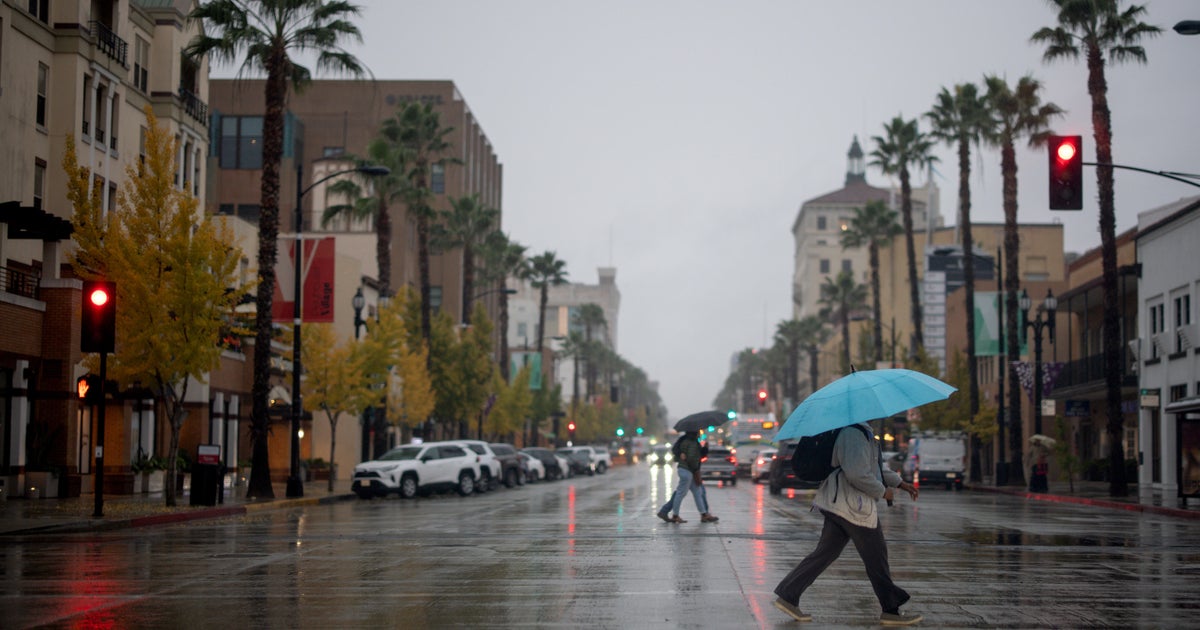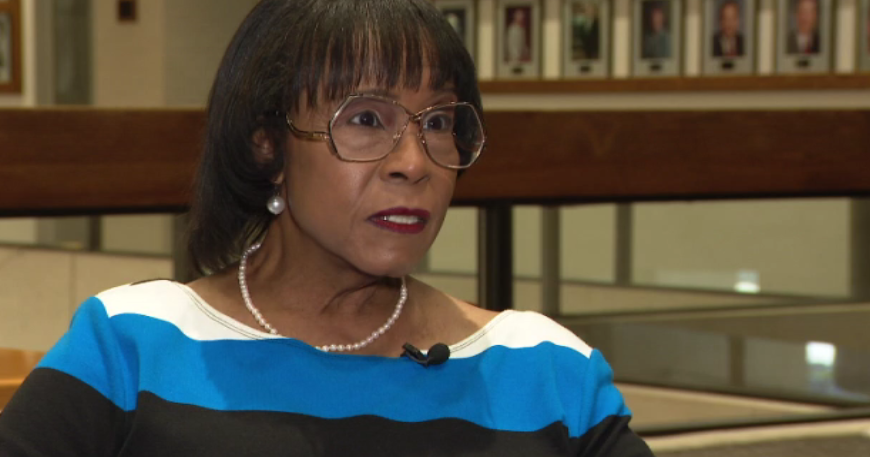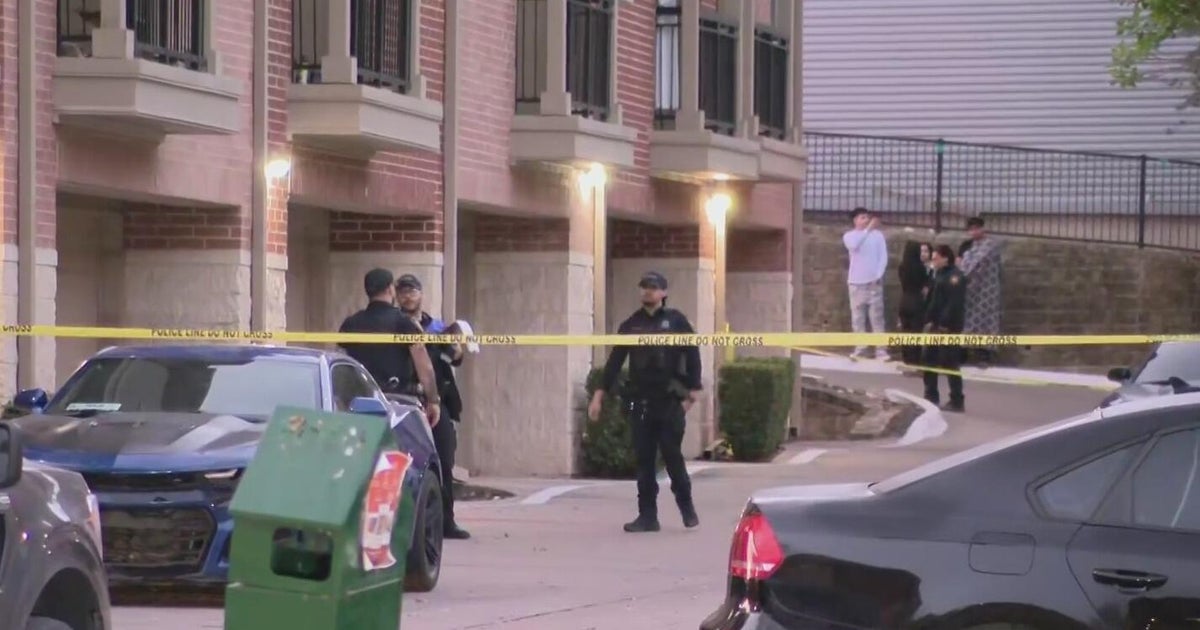What's going on with the BU biolab COVID experiments?
BOSTON – In mid-October, news stories about experiments on the coronavirus at the famous Boston University lab suddenly flew around the internet.
The headlines raised eyebrows and some concerns about the work that goes on inside that world-famous institution.
So what exactly happened at the BU lab, and should we be worried?
The headlines from the Daily Mail gained international attention with claims of a "new deadly Omicron strain," and "80% kill rate in mice."
Boston University issued a statement saying that nothing more dangerous had been created, but they also admitted that they had not asked the National Institutes of Health for permission because they weren't required to do that.
People in Copley Square reacted to the news in interviews with WBZ-TV.
One person said "I don't buy it" while another said "it makes me angry, because now I don't know if that's true or a tabloid article."
Dr. Alina Chan is a researcher in gene therapy at the Broad Institute, the prestigious research institute affiliated with MIT and Harvard.
"This is a very urgent problem because there are many labs around the world that are starting to conduct this type of research," Chan said. "It seems we really need to be looking more carefully at this sort of virological research where people are taking new viruses and recombining them in the lab, and this could potentially have really grave consequences."
Chan pointed out that the work they do at the BU lab is absolutely necessary, but added she had questions.
What was her first reaction after reading those scary headlines?
"My first thing I did was go read the paper itself. I realized that the scientists, I think were careless in how they wrote the paper," Chan said. "There was a single line they wrote that was taken out of context."
The BU lab is the National Emerging Infectious Diseases Laboratories (NEIDL).
After what we've been through during the pandemic, Dr. Chan asks when it comes to the riskiest research – a rare percentage of virology – should a relatively small group of people be allowed to greenlight those experiments in a major city, just miles from an international airport, or should the public be notified about it in advance?
"I'm a person, I'm a human and I live in Boston," Chan said. "I also will suffer the consequences if there is a dangerous pathogen that leaks from the NEIDL. I am interested to know what other research they might be doing in there."
So what were they doing?
Using a mix of federal money and private University funds, with the approval of a Boston University biosafety committee and the Boston Public Health Commission, researchers took a small part of Omicron and added it to the original coronavirus.
Yes, 80% of mice died, but that was less deadly than the original which killed 100%.
Still sounds kind of alarming, though – right?
"Not all mixing and matching of viruses is really dangerous research." professor Nicholas Evans, an expert in Public Health ethics at UMass Lowell said. He's advised the NIH on what the ethics of experiments should be.
Evans said he has full faith in the BU lab.
"I have been critical of other laboratories in the past," Evans said. "I have seen what people in the NEIDL do on a day to day basis and as far as I know, there has been no evidence that the researchers at the NEIDL are acting in a way that is jeopardizing the public safety. It is one of the models of good practice in this community."
In fact, Evans calls this piece of research that lead to the headlines "run of the mill."
Still, the Federal government is investigating whether BU should have told the NIH what they were doing.
"I think what the Federal Government has is now they have a controversy on their hands," Evans said.
And the Boston Public Health Commission is checking to make sure all safety protocols were followed.
Evans points out "we also have half a century of engineering of these laboratories to really make them airtight, literally, against the possibility of releasing infectious diseases."
What's the lesson for all of us?
"That science doesn't work like the movie 'Contagion,'" Evans said. "One of the groups that has failed us in this regard is Hollywood."
Dr. Chan thinks that now post-COVID, the entire scientific community has to be more open and take more responsibility.
"I don't think the answer is to become more secretive and more afraid of talking to the public," Chan said.
Both scientists agree: those scary headlines were inaccurate. They also agree that the BU lab and all labs should do better communicating with the federal government and the public when it comes to what labs are working on.
The director of the NEIDL declined to be interviewed for this story.
